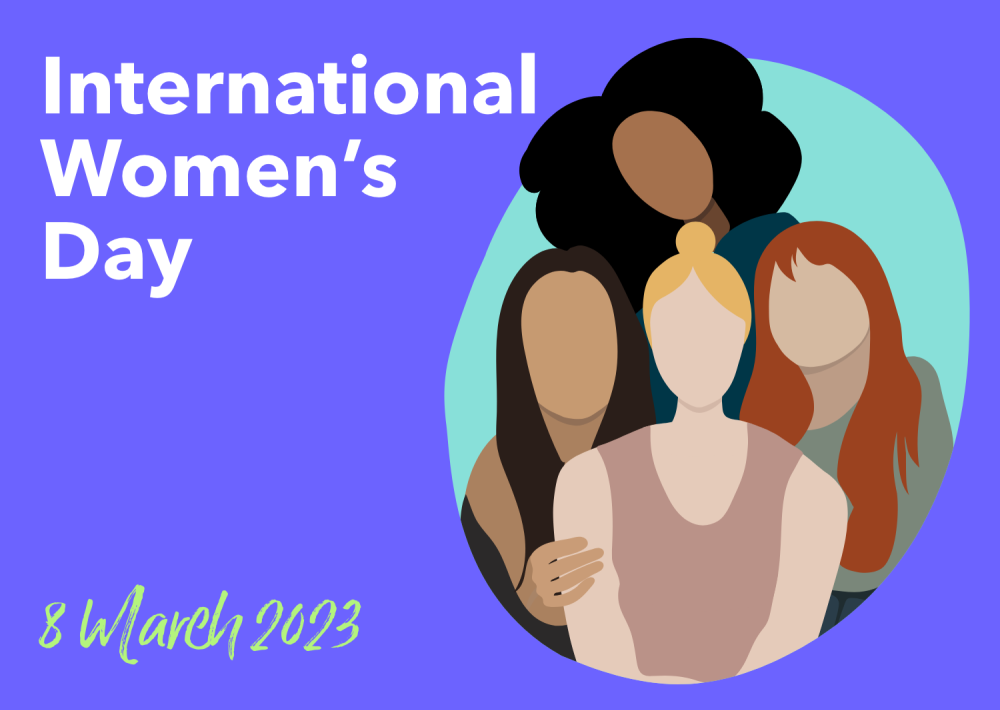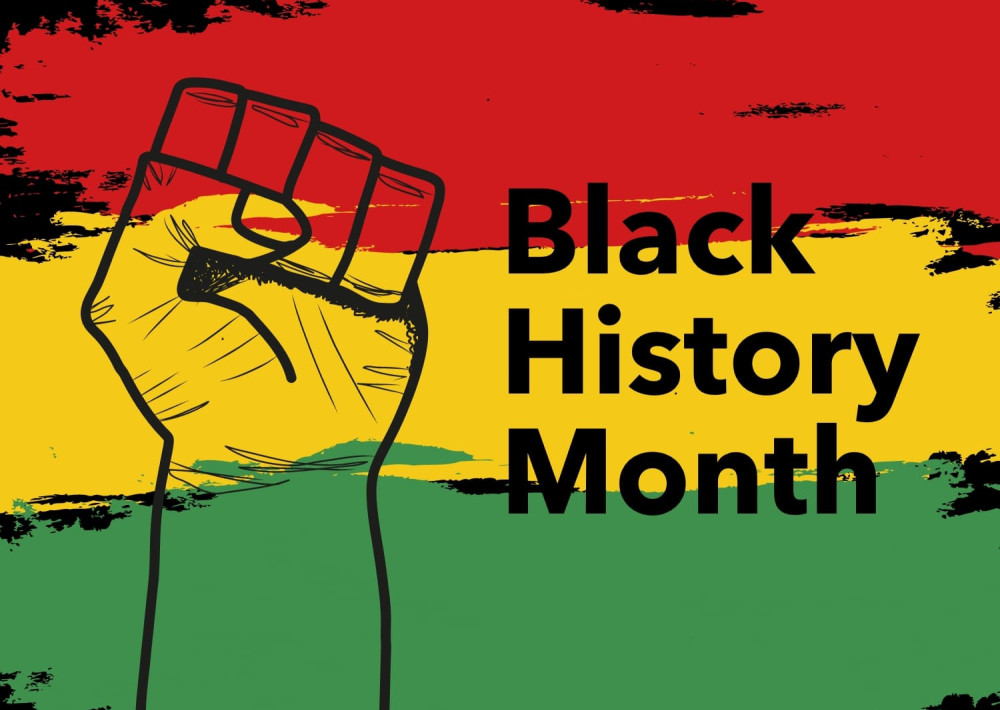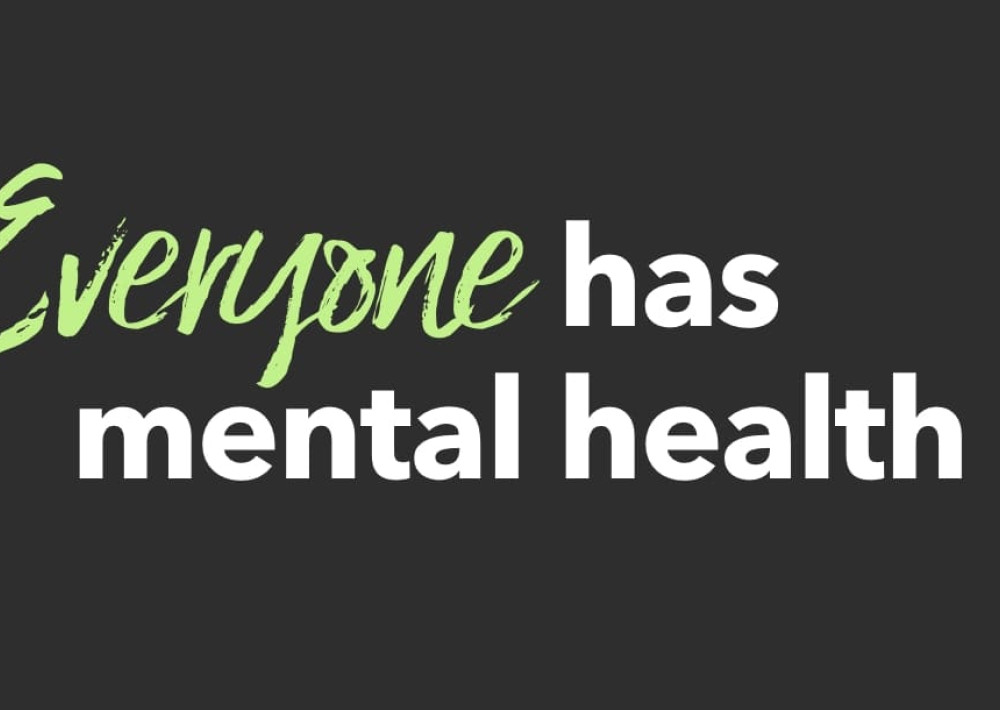Want to work with our team?
Get in touch
As a cisgender, heterosexual female, and a proud LGBTQ+ ally, I think it is integral to a culturally rich and diverse society to celebrate authenticity in every form. This, and with it being Bristol Pride this weekend, is why I’ve taken the time to reflect about Pride.
Not only is June 2022 Pride month, but it also marks 50 years since the first Pride event in the UK - a wonderful milestone in terms of inclusivity in the UK. Contemplating the origins and meaning of Pride, I consider why Pride is still needed today.
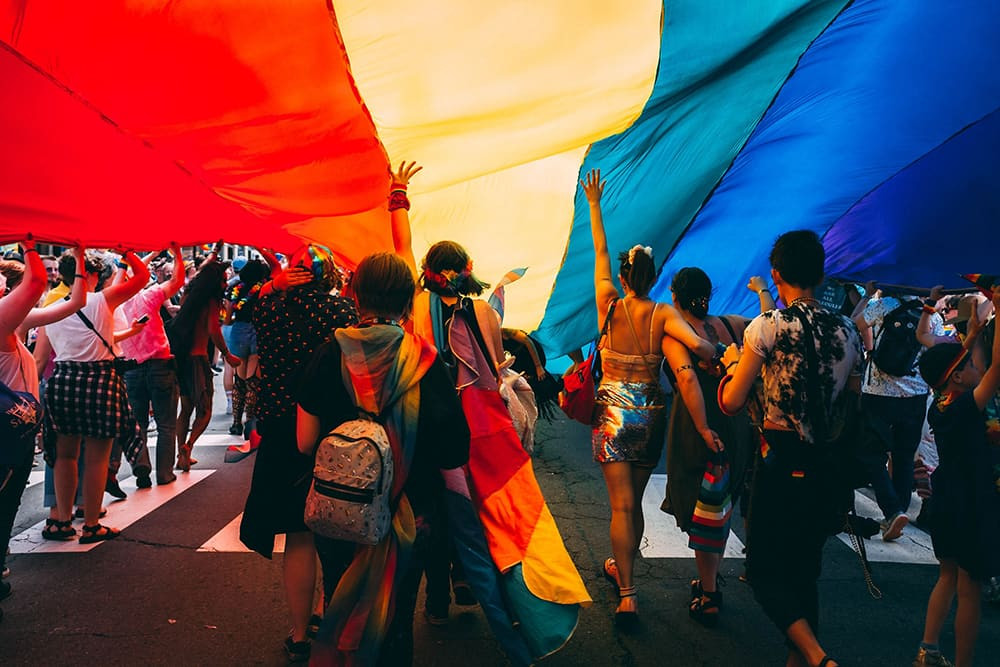
What is Pride?
As someone who is interested in the intricacies of language and etymology, I always think a definition is a good place to start to understand where bigger notions and movements come from:
pride
noun
a feeling of deep pleasure or satisfaction derived from one's own achievements, the achievements of those with whom one is closely associated, or from qualities or possessions that are widely admired
consciousness of one's own dignity
From the old English word for ‘self-esteem’
Personally, the word “dignity” is an important one. The notion that people, whoever they are, are worthy of society’s honour and respect. That is what Pride means to me. Pride uplifts the voices of the LGBTQ+ community; it is a reminder that everyone is seen, heard and respected.
Pride is an entire month dedicated to the celebration of LGBTQ+ culture, history and activism. It is now celebrated through marches and events all across the UK and throughout the year. A list of all the 2022 Pride events is available here - see when your local Pride is and join in the celebration of LGBTQ+ community!
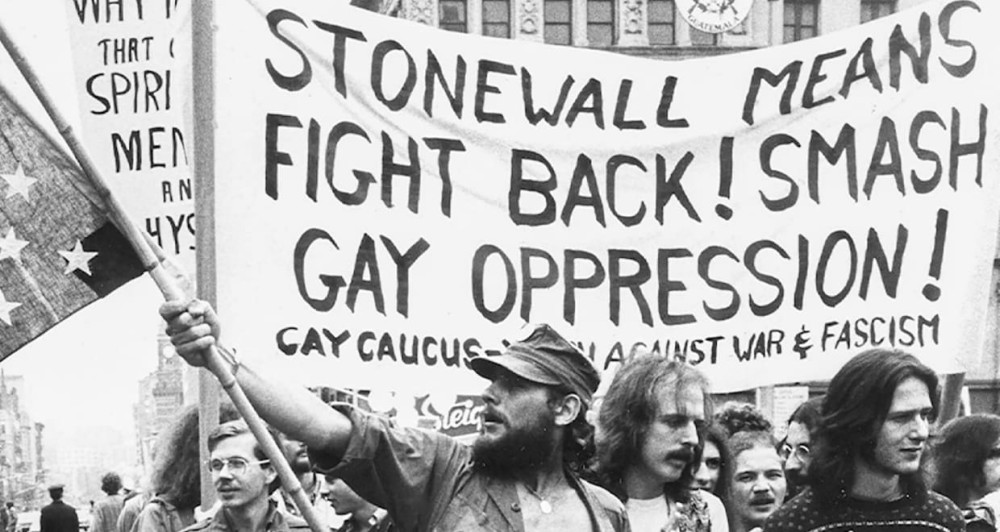
The History of Pride
The roots of Pride date back to June 1969 at the Stonewall Inn in Greenwich Village, New York City.
The Stonewall riots, also called the Stonewall uprising, erupted after police officers raided the bar early in the morning. Tired of the ongoing raids (at this time, homosexual acts were illegal in every state except Illinois1), the LGBTQ+ community fought back. Throwing bottles, pennies and beer cans at the police, the Stonewall patrons had decided that enough was enough. This protest continued for several days and marked the beginning of the gay rights movement in America.
The Stonewall Inn was, and still is, a landmark of gay culture. I had the pleasure of visiting a couple of years ago, and it’s a great place to grab a drink and peruse their memorabilia if you’re ever in New York!
The first Gay Liberation March took place in New York City in 1970, a year after the Stonewall riots.
The first UK Gay Pride Rally took place in London on 1st July 1972. Chosen as the closest Saturday to the anniversary of the Stonewall riots, this event laid the foundations for the Pride marches and celebrations that we still celebrate across the UK today.
3 reasons we still need Pride
In summer 2017, the UK government launched a nation-wide LGBTQ+ survey2 because, despite progress on legal entitlements, evidence continued to suggest that LGBTQ+ citizens still face discrimination, bullying, and harrassment in work and on the streets as well as being subjected to hate crimes and substantial inequalities in healthcare and housing. Although I have only picked 3 reasons we still need Pride, a small amount of research will show that the reasons are numerous. There is still more to do.
1. Hate crimes are rising
As highlighted in the UK’s leading LGBTQ+ anti-violence charity, Galop’s, Transphobic Hate Crime Report 20203, LGBTQ+ hate crimes are disproportionately on the rise, with 4 in 5 of the survey’s respondents experiencing a form of transphobic hate crime.
As well as this, recorded homophobic hate crimes soared in the pandemic4. UK transphobic attacks also rose as recorded incidents hit a three-year high in the summer 2020 - just as lockdown restrictions were lifted.
To make matters worse, according to Galop’s report only 1 in 7 LGBTQ+ people who had experienced these types of crimes reported their experience to the police, suggesting that actual figures are even higher than those recorded.
2. LGBTQ+ people are more likely to suffer from mental health problems
The higher possibility of experiencing discrimination, rejection and homelessness means that LGBTQ+ people are more likely to experience mental health problems, such as depression, self-harm, drug and alcohol abuse, and suicidal thoughts.
A recent study by Stonewall found that over the previous year5:
Over half of LGBTQ+ people surveyed had experienced depression and 3 in 5 had experienced anxiety
1 in 8 LGBTQ+ people surveyed between the ages of 18-24 had attempted to take their own life
Almost half of all trans people surveyed had thought about taking their own life
Living in fear of prejudice and discrimination leads many people to avoid coming out - hiding such a large part of one’s identitiy can also have extremely damaging effects on your mental health.
3. Over 70 countries still have laws that effectively criminalise homosexuality
Lastly, we still live in a world where you can actually be prosecuted, and in extreme cases sentenced to death, simply for who you love or who you are.
There are 71 jurisdictions that criminalise private, consensual, same-sex sexual activity. The majority of these explicitly criminalise sex between men. Almost half of these are Commonwealth jurisdictions.
In addition, the death penalty is imposed, or at least a possibility, in 11 of these 71 jurisdictions, with at least 6 of these actively implementing the death penalty: Iran, Northen Nigeria, Saudi Arabia, Somalia and Yemen.6
Shockingly, on 5th July 2022 (only three days ago!), an Islamic sharia court in Nigeria sentenced three gay men to death by stoning - including a man who is 70 years old7. It is utterly heartbreaking that around the world there are still people who live in fear of persecution and suffer extreme consequences because of who they love.
The poignancy of these facts encompasses why Pride is still relevant today. Until members of the LGBTQ+ community have the freedom to express their authentic selves without fear of discrimination and verbal or physical abuse, there is still more work to be done. Until everyone in the LGBTQ+ community has the acceptance and dignity that they deserve, there is still a need to shout about their importance in our society.
Pride is not just one big party with rainbows and glitter. It offers a safe space for people to be authentically themselves. It offers a way for allies to show solidarity for LGBTQ+ rights (they’re human rights, right?!). And, above all, it serves as a stark reminder that you should love who you love and be who you are.
Want to work with our team?
Get in touchReferences
https://galop.org.uk/wp-content/uploads/2021/06/Trans-Hate-Crime-Report-2020.pdf
https://www.mentalhealth.org.uk/statistics/mental-health-statistics-lgbtiq-people
https://www.humandignitytrust.org/lgbt-the-law/map-of-criminalisation/?type_filter%5B%5D=crim_lgbt
https://www.pinknews.co.uk/2022/07/05/nigeria-gay-death-sentence-islam/




